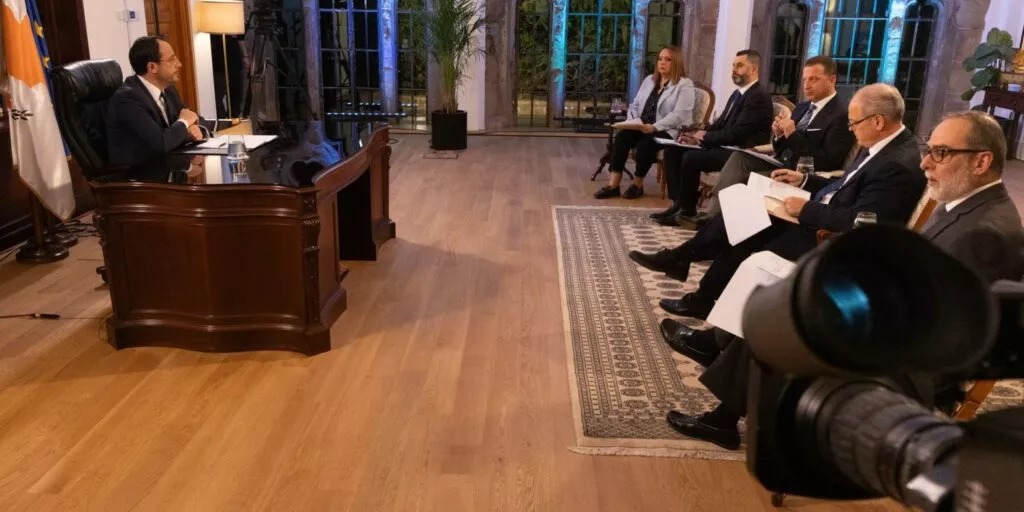Below every piece on The Guardian’s website, the following question is posed: “Do you know who hates The Guardian?”
The newspaper answers by listing four groups and describing each one’s role: “The billionaires creating a world that’s more unequal than ever. The populist politicians spreading discord and misinformation. The fossil fuel executives watching the planet burn as their profits swell. The tech giants shaping a new world around us without scrutiny.”
The newspaper then poses a second question: “And do you know who does like us? People who believe in a free press. People who believe that the truth should be available to everyone. And people who recognise the importance of challenging those in positions of power and influence all over the world, including in Cyprus,” it states, changing the country depending on where the reader is located.
It goes on to explain: “The Guardian doesn’t have an ultra-rich owner. No one tells us what to write – or what not to write. We’ll stand up to expensive legal threats to bring readers the truth. Often on stories that no one else will touch. You might not agree with every word we publish but, with your help we can hold the rich and powerful to account. Whether they like it or not.”
It concludes by asking readers to support the newspaper’s work by contributing an amount.
What does all this have to do with the President of Cyprus? Newspapers, even today, with all their problems and the changes brought by the new era, still form the backbone of information, it could be stressed, without ignoring or overlooking other media.
Many other media outlets get their news from newspapers. Politicians turn to newspapers when they want to communicate their work. In newspapers, you read analyses and opinions not swayed by the spirit of Facebook.
The problems, of course, are not hidden. Weakened and understaffed, they try to survive. Their survival does not depend, of course, on whether they will participate in what we might call an accountability/interview with the president. However, when the president chooses only one type of media, it sends a message. Even if the excuse is time limitations, the journalistic presence could be representative of all media. And not only a representative of the print media but also of the electronic media should participate. Newspapers, on the other hand, could ignore the event from the moment they were not invited, to demonstrate their strength.






